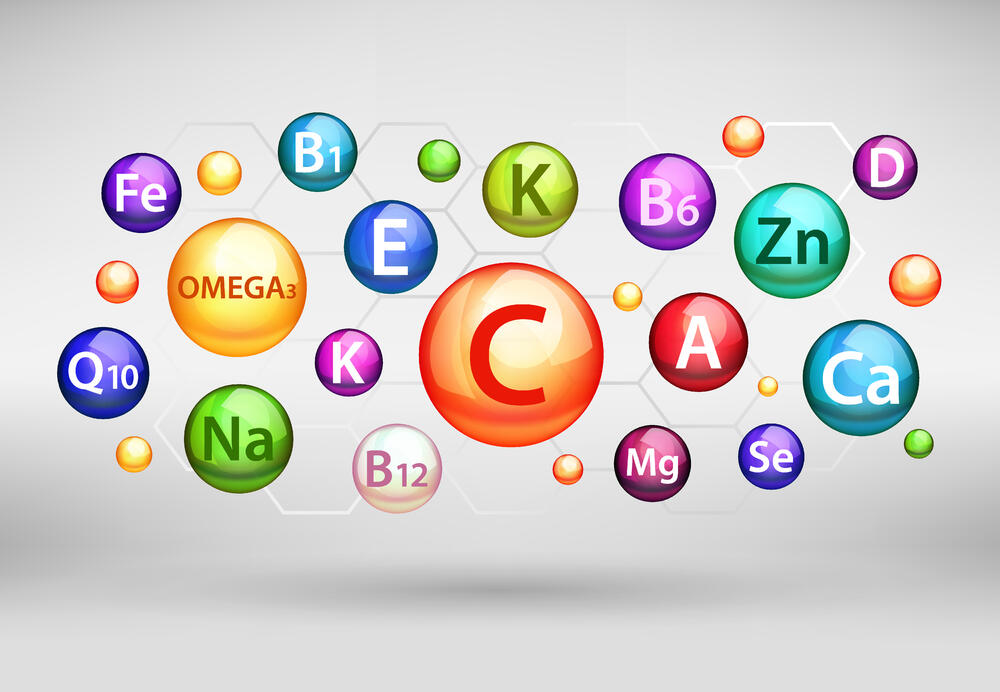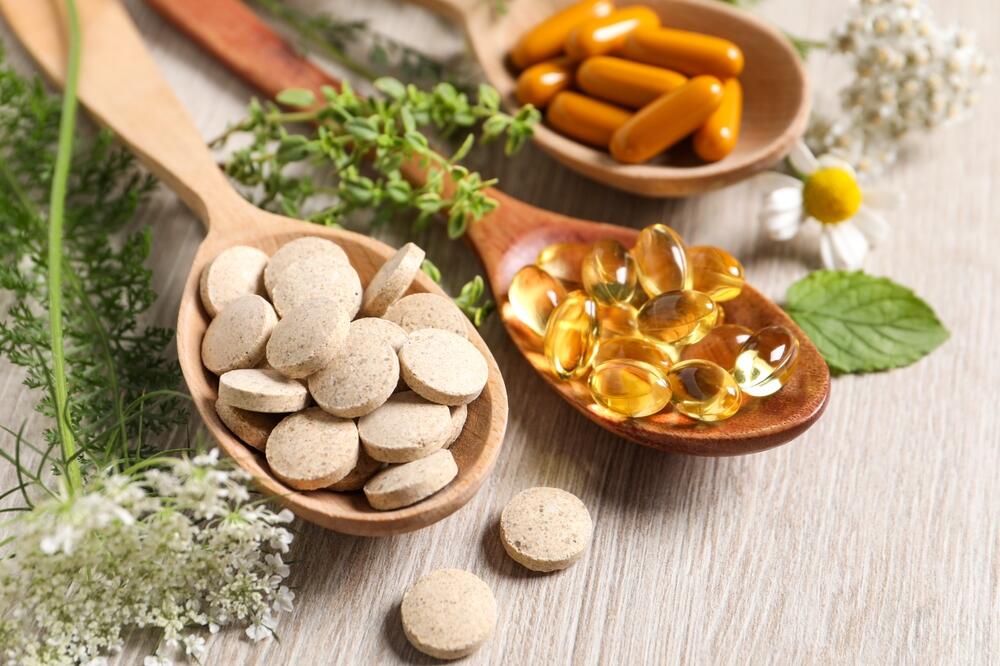Every day we are exposed to a large number of advertisements about the contribution of supplements to our health. Supplements are all nutritional supplements that can compensate for micronutrients, vitamins and minerals, which we do not get through food. Supplements also include plant extracts.
Does this mean that we can freely consume them without consulting a doctor and whether the supplements will really help us or can cause serious problems, she explained to RTS pharmacist Slađana Panajotović.
Last week, news broke in the media that two people died in Japan, and that over a hundred were admitted to the hospital due to supplement poisoning. An immediate investigation was launched, and the company appealed to customers to stop using the pills, which were advertised as a supplement to lower cholesterol and blood pressure.
Situations like this are fortunately not that common, notes pharmacist Slađana Panajotović, and it is possible that behind this event in Japan lies the fact that patients are not informed about the health effects that the use of supplements can have.
"Pharmacists and doctors in Serbia are aware of the impact supplements can have on a patient's health. They can be part of a treatment plan. It is important when it comes to the initiatives of our patients, that they include supplements in self-medication, they know that they should not do it spontaneously, impulsively, that it is very good to ask what health impact a certain supplement can have. First of all, what is the main acting molecule," emphasizes Panajotović.

It is very important that buyers of supplements tell the pharmacist what medicines they are currently using, so that they can make a good combination and recommendation to avoid interaction between the therapy prescribed by the doctor. The ratio of medicines and supplements is important, but you should also pay attention to food. In addition, the sun and UV rays can affect our body when we use medicines and supplements.
"So, the more information, the more knowledge, the better for the patient," advises the pharmacist.
Patients who cannot read or understand the instructions should ask the pharmacist to explain everything that is important to them - when to use supplements, in what dose, what they must not do, that is, how to behave when using an herbal medicine, he points out. Sladjana Panajotović.
Why do we use supplements?
It is important to know what we want to achieve with a certain supplement, notes the pharmacist. If it's immunity, if it's increasing energy, it's best to ask a doctor and pharmacist for advice so that we can get adequate advice on what to include.
"There are a lot of mistakes when using supplements - from the dose to the combination. For example, certain foods can affect the supplement so that it does not give its maximum or gives the wrong effect. What we need to monitor are the symptoms. "Does insomnia, headache, do our legs swell, does something different from the usual appear when we started using a supplement," explains Panajotović.
Doubling of doses should definitely be avoided, regardless of whether someone thinks that this way will solve the problem faster.
In addition to all the aforementioned precautionary measures, it is also important to emphasize that supplements are bought in pharmacies where the quality and safety of the preparations have been checked, and not through the Internet and social networks because there is a risk of unwanted effects, says pharmacist Slađana Panajotović.
Bonus video:





